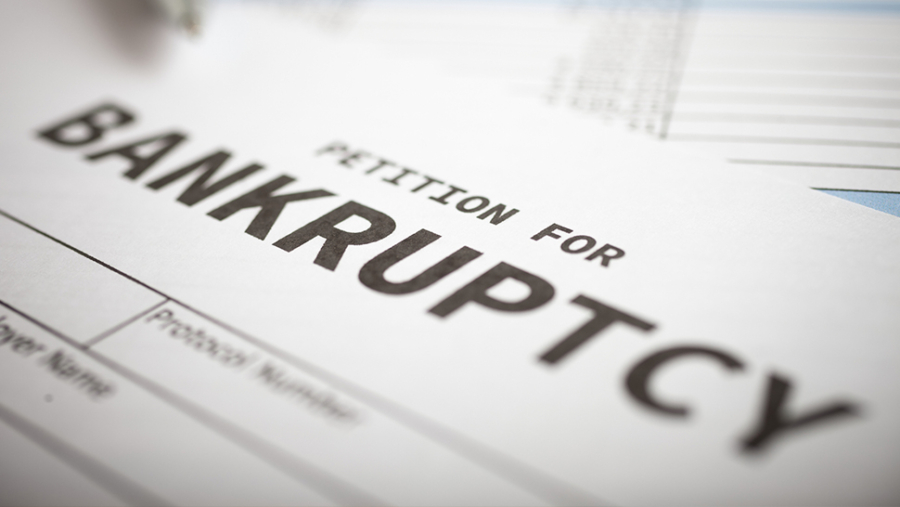

These proceedings raised questions as to the extent of the use of validation orders in bankruptcy proceedings pursuant to section 284 of the Insolvency Act 1986 (IA 1986).
Dr Vijay Mallya is the subject of a contentious bankruptcy petition presented against him, by 13 Indian banks in September 2018, further to a judgment obtained by them in India for the sum of approximately £688,000,000 plus interest at 11.5% per annum.
In July 2019, Dr Mallya was granted a validation order, pursuant to section 284 of the IA 1986, for:
- retrospective and prospective legal fees and disbursements in defending the bankruptcy petition (approximately £529,000)
- living expenses (£22,500 per month)
- a costs order due to the Crown Prosecution Service in respect of extradition proceedings (£83,802) (validation order).
Application
Dr Mallya subsequently applied to seek the release of certain funds being held in the Court Funds Office (CFO) to meet:
- reasonable incurred and future legal fees and disbursements in the defence of the bankruptcy petition (£1,074,024.08)
- ongoing living expenses (£121,729.95)
- reasonable legal fees and disbursements in pursuing closely related litigation (£1,513,146.17).
Legal principles
Further to paragraph 12.8.8 of the Practice Direction on Insolvency Proceedings, the court needed to be satisfied that either the debtor is solvent or that the transactions contemplated will either be beneficial to, or will not otherwise prejudice, the interests of all unsecured creditors as a class.
The exception to this is the provision of funding for legal representation to oppose a bankruptcy petition as set out In Re Sinclair (1885) on the grounds of ‘humanity’. However, this exception is a narrow one as set out in In Re A Debtor (1937). Additionally, in respect of the legal fees incurred in the defence of the bankruptcy petition, it is not appropriate to undertake any form of assessment or taxation of the costs to be incurred or to review the reasonableness of the proposed expenses as set out in National Westminster Bank plc v Lucas (2013).
Decision
With regard to the incurred and future legal fees and disbursements in the defence of the bankruptcy petition and ongoing living expenses sought, the court held that the Validation Order continued to apply and the monies in the CFO were the most appropriate source for payment of these transactions.
With regard to the legal fees and disbursements in pursuing closely related litigation sought, the court held that the Sinclair exception was limited in that it only applied to costs directly referable to the bankruptcy proceedings and not collateral litigation, notwithstanding that such litigation might have a bearing on the bankruptcy proceedings. Accordingly, the claim for a validation order in this respect was refused by the court.










